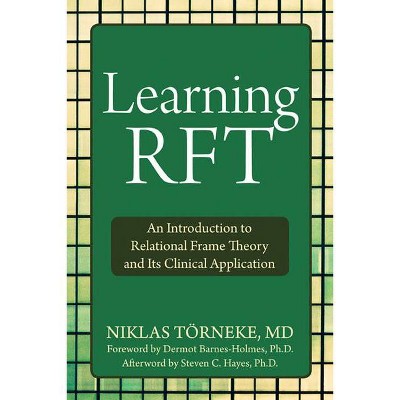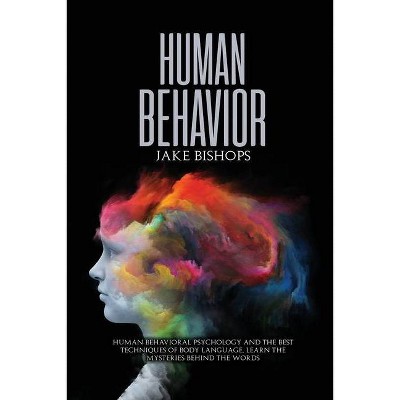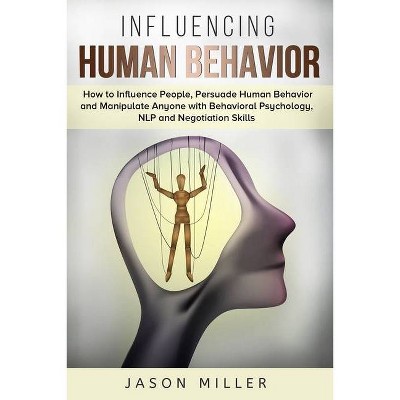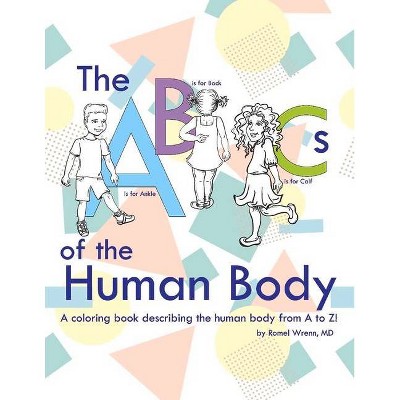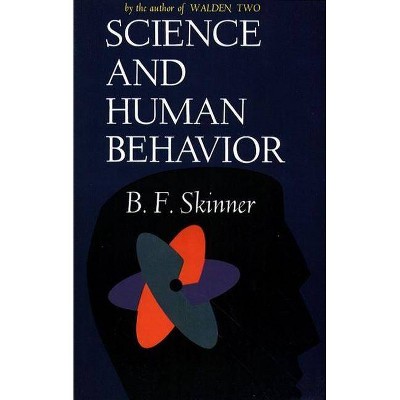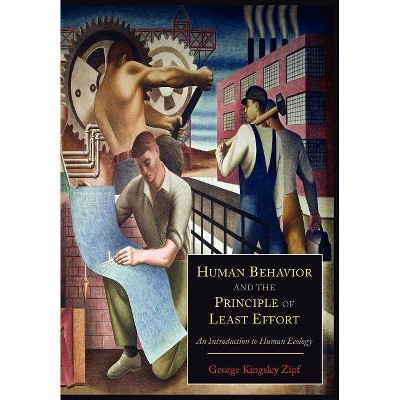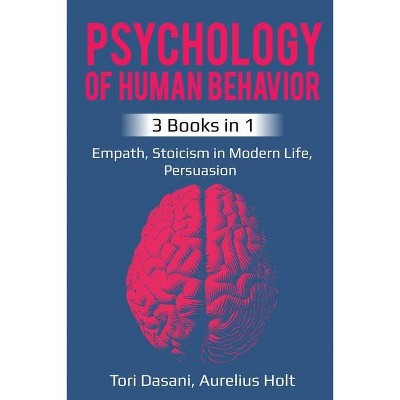The ABCs of Human Behavior - by Jonas Ramnero & Niklas Törneke (Paperback)
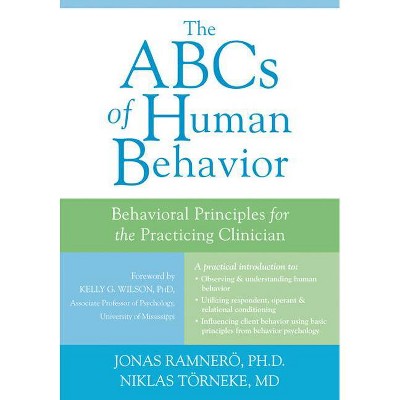
Similar Products
Products of same category from the store
AllProduct info
<p/><br></br><p><b> About the Book </b></p></br></br><p>The <em>ABCs of Human Behavior</em> the first book to present modern behavioral psychology to practicing clinicians. The book focuses both on the classical principles of learning, as well as the more recent developments that help explain language and cognition.</p><p/><br></br><p><b> Book Synopsis </b></p></br></br><p>When cognitive behavior therapy emerged in the 1950s, driven by the work of Albert Ellis and Aaron Beck, basic behavior principles were largely sidelined in clinical psychology curricula. Issues in cognition became the focus of case conceptualization and intervention planning for most therapists. But as the new third-wave behavior therapies begin to address weaknesses in the traditional cognitive behavioral models-principally the modest effectiveness of thought stopping and cognitive restructuring techniques-basic behavior principles are once again attracting the interest of front-line clinicians. Many of today's clinicians, though, received their training during the years in which classical behaviorism was not a major part of clinical education. In order to make the best use of the new contextual behaviorism, they need to revisit basic behavioral principles from a practical angle. This book addresses this need.</p> <p>The <em>ABCs of Human Behavior</em> offers practicing clinicians a pithy and practical introduction to the basics of modern behavioral psychology. The book focuses both on the classical principles of learning as well as more recent developments that explain language and cognition in behavioral and contextual terms. These principles are not just discussed in the abstract-rather the book shows how the principles of learning apply in the clinical context. Practical and easy to read, the book walks clinicians through both common sense and clinical examples that help them learn to use behavioral principles to observe, explain, and influence behavior in a therapeutic setting.</p><p/><br></br><p><b> Review Quotes </b></p></br></br><br><p>"Along with the explosion of interest in newer psychotherapies such as ACT, behavioral activation, DBT, FAP, and mindfulness/acceptance/meditation based interventions, many clinicians who were not extensively trained in behaviorism want a deeper understanding of the fundamental behavioral processes and theory that that underlie these treatments. Up to now, this basic information was buried and dispersed in an array of textbooks, philosophical and theoretical treatises, and an extensive laboratory-based experimental literature. Ramnerö and Törneke have distilled the essentials of this (often) esoteric literature in a clearly written, comprehensive, up-to-date book that frequently illustrates the abstract principles with clinical applications. Operant conditioning, respondent conditioning, exteroceptive conditioning, stimulus control, establishing operation, functional analysis, relational framing, negative versus positive reinforcement, are a just a few examples of the concepts that are demystified, made understandable, and clinically relevant. The book is an ideal basic text for graduate students learning about behavioral psychotherapy (the author's name for the new treatments mentioned above) and will fulfill the needs the experienced clinician who wants a deeper understanding of these therapies."<br> --Robert J. Kohlenberg, professor of psychology at the University of Washington</p><br><br><p>"It is rare to find a book on behavioral analysis that successfully incorporates theory and clinical utility. The ABCS of Human Behavior does, indeed, succeed. Ramnerö and Törneke provide the reader with a concise description of ideas dating back to Skinner as well as more recent treatments of such complex issues as understanding cognition. This engaging book will provide scholarly and practical information that is a must read for clinicians and students from all theoretical backgrounds."<br> --Christopher R. Martell, Ph.D., ABPP, clinical associate professor of psychiatry and behavioral sciences and psychology at the University of Washington and author of <em>Depression in Context</em></p><br><br><p>"The authors combine advanced discussions about learning theory and behavioral analysis with straightforward and informative examples. The book also discusses the more recent theoretical developments within the fields of human language and cognition. Both beginners and experienced therapists will find much to learn from reading this book."<br> --Lennart Melin, Ph.D., professor of clinical psychology at Uppsala University in Uppsala, Sweden</p><br>
Price History
Cheapest price in the interval: 37.49 on November 6, 2021
Most expensive price in the interval: 42.49 on March 10, 2021
Price Archive shows prices from various stores, lets you see history and find the cheapest. There is no actual sale on the website. For all support, inquiry and suggestion messages communication@pricearchive.us
